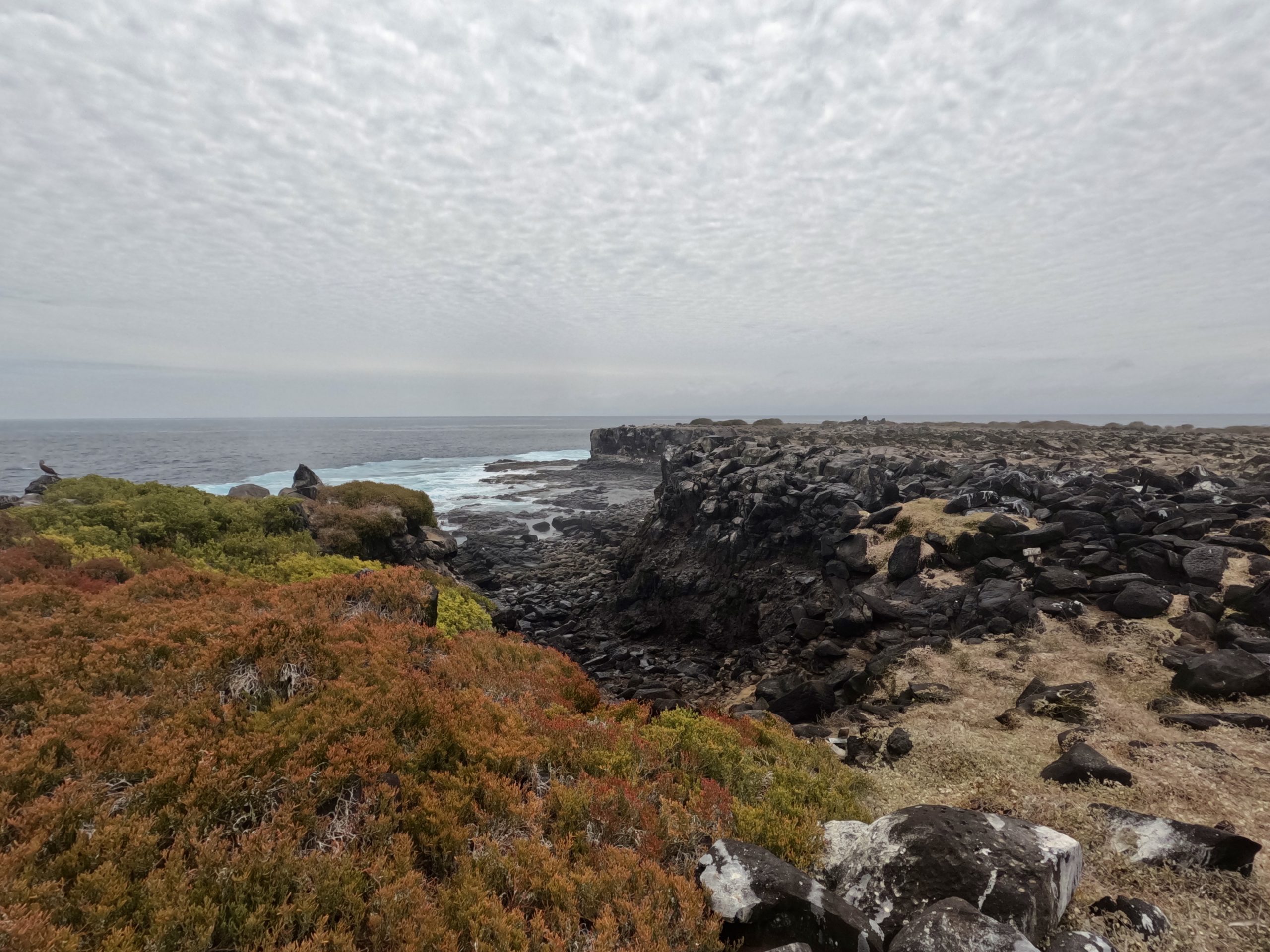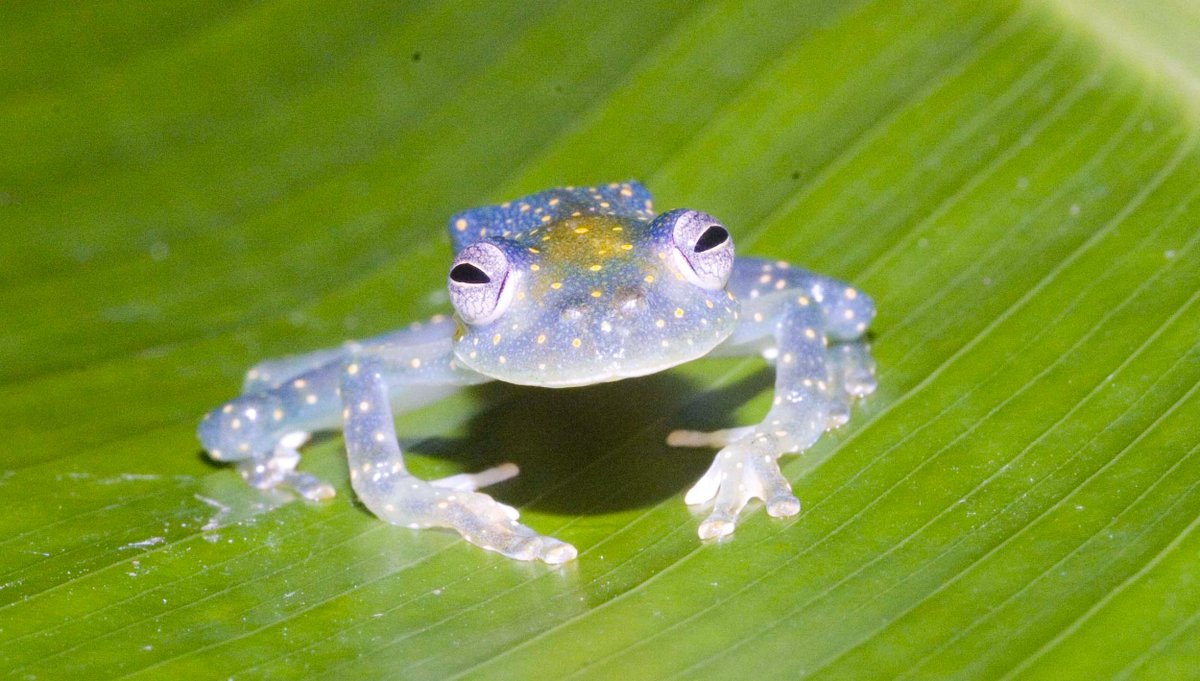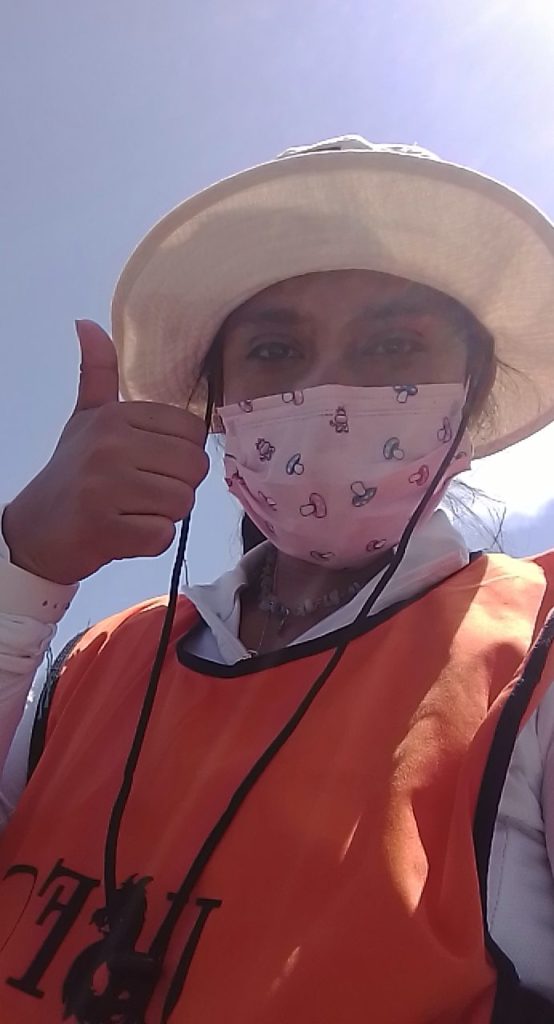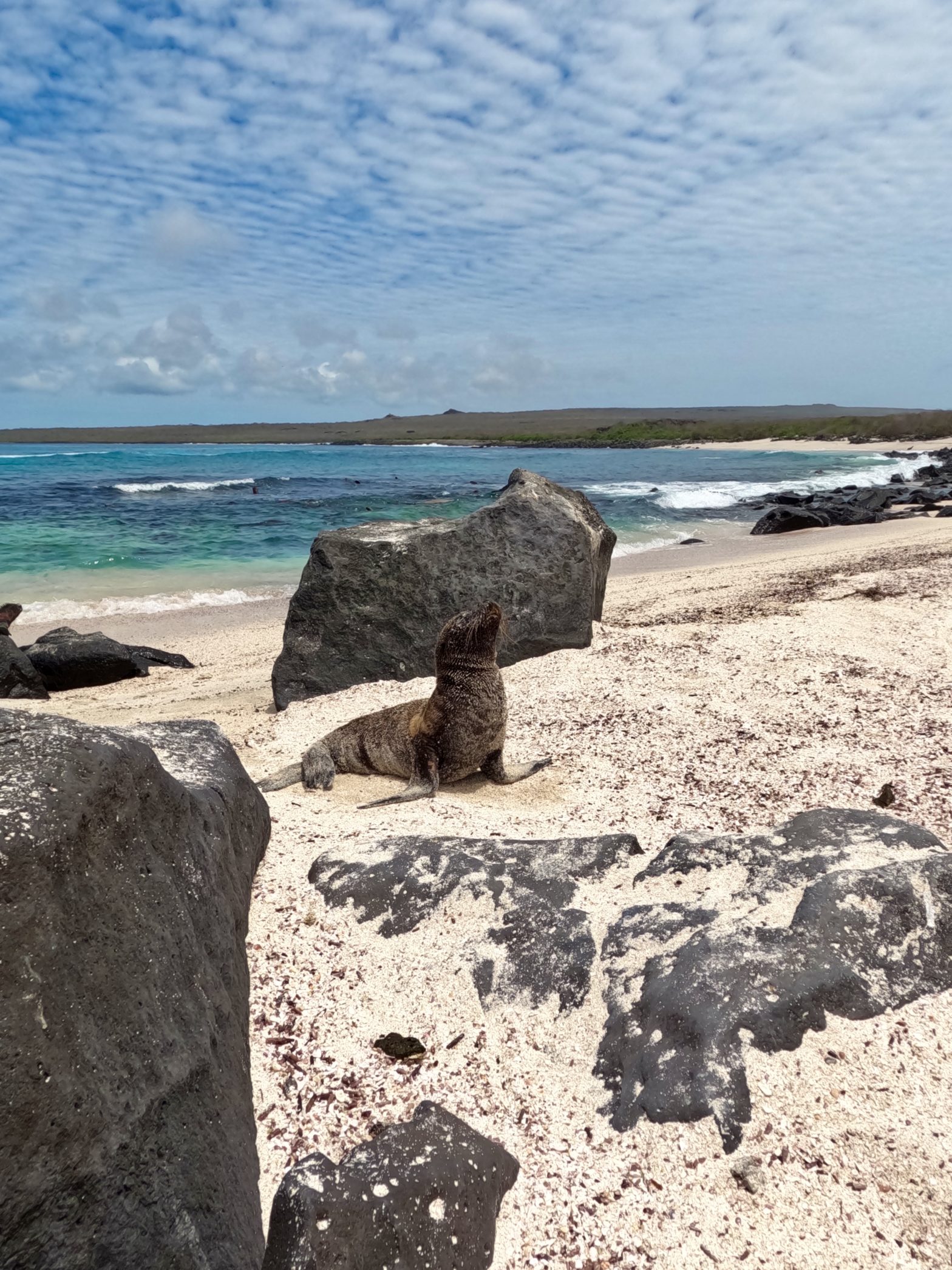
What a “lecture” looks like while studying biology in the Galapagos
I knew coming into the Galapagos program that I would get hands-on learning experiences in biology. I never expected it to this degree, and I am beyond grateful for the unique learning opportunities this program provides. Regardless of your track, you may land in an impermanent classroom that’s always on the move. Sure, you may have class periods in a traditional classroom. For example, my Climate Change course only had three field-trips. However, you may also have classes that spend every single day outside, in the field!
Regardless of your track, you may land in an impermanent classroom that’s always on the move.
This is a week in my Field Ecology course:
Monday
This class period was dedicated to an introduction to basic field ecology. In a span of three hours, we defined field ecology and discussed its practical applications (cultural, political, biological, environmental, etc).
Tuesday
Our second class period focused on Ecuadorian ecology. We learned about the significant impact that the research of field ecologists has on the identification and classification of species. Interestingly, we also learned why some animals are blue–it’s either their diet or because blue is the only color they reflect.

Wednesday
On Wednesday, our class divided into groups to collect data for our professor’s personal research project. Dr. Diego F. Cisneros measures the reaction speed of birds on the Galapagos islands in response to human proximity. A classmate and I were assigned to take measurement of bird reactions in the National Galapagos Park. We hiked uphill for 2 hours, bird watched, slipped on lava rocks, and had allergic reactions to lichen– all in the name of science.

Thursday
By far the most challenging day of the week! We hiked uphill a highway, under the sun, in 80-degree weather for three hours to collect bird roadkill samples for our professor’s research. Let me tell you, scraping dead birds off the highway is fun until you realize they’re really hard to spot and smell really gross when thrown in a bag. My patience was tested on this day but 16 bird and 4 snake samples were collected!

Friday
By far, one of the coolest days I’ve experienced in this program! Our class took a 2 hr. boat ride to Española Island. Somewhere in the ocean, we stopped to snorkel for an hour. I saw a baby shark, schools of fish, and swam alongside a sea lion. We hopped back on the boat, made it to the island, hiked for an hour and saw LOADS of blue-footed boobies and nazca boobies.






Each island leaves me in awe at the variability of nature. I left Española Island absolutely ecstatic! On our boat ride back, we stopped in the middle of the ocean for a short swim and then fell asleep on the top of the boat all the way back home. I can’t believe this is class. I feel so much more engaged when my environment is my classroom, when the animals/plants are in front of me rather than on powerpoint!
Until next time,
Ximena


